SUMMARY
This is AI generated summarization, which may have errors. For context, always refer to the full article.
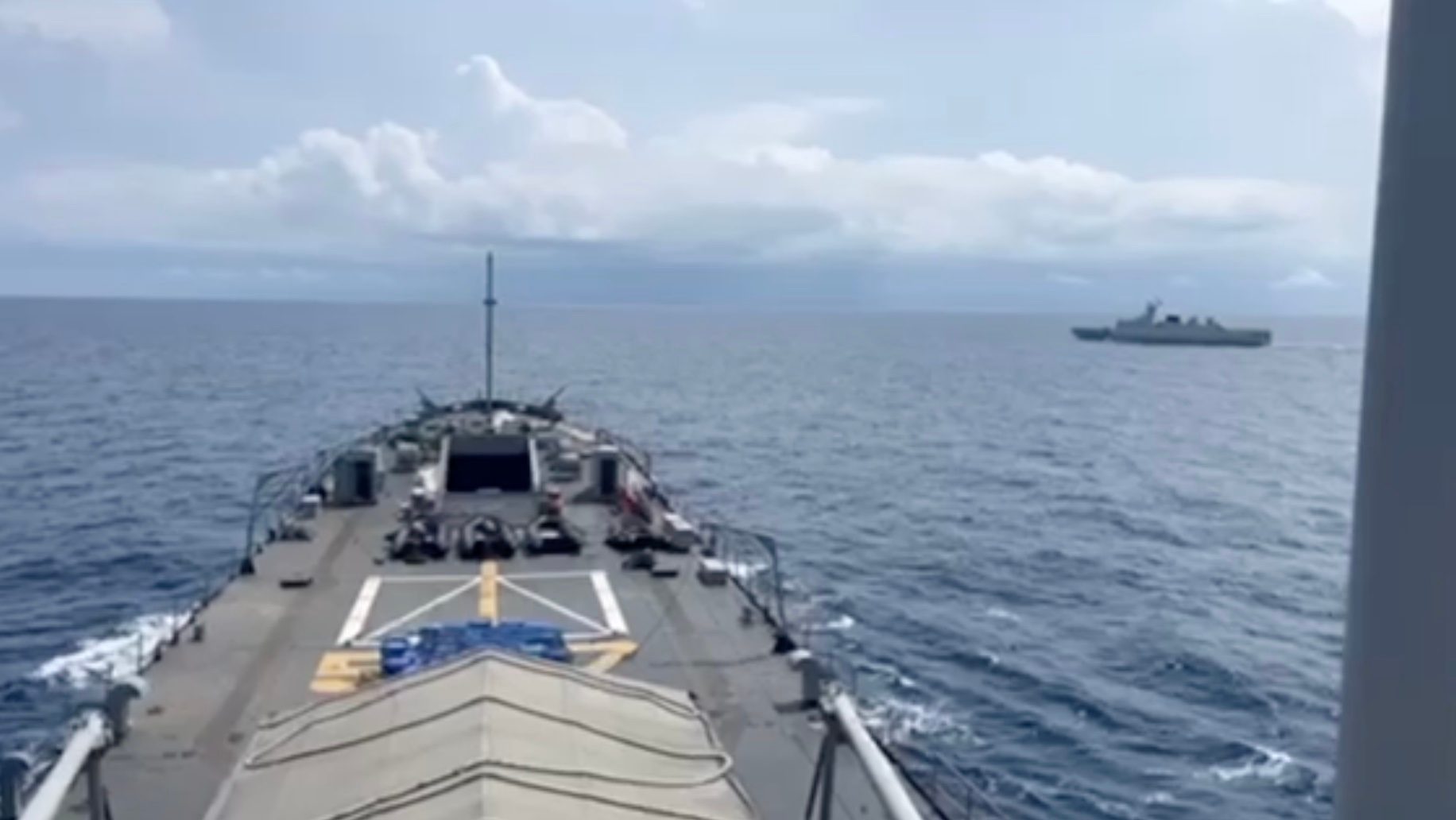
MANILA, Philippines – The Presidential Communications Office (PCO) on Tuesday, April 23, warned against a “audio deepfake” that made it appear that President Ferdinand Marcos Jr. ordered the military “to act against a particular foreign country.”
“It has come to the attention of the Presidential Communications Office that there is video content posted on a popular video streaming platform circulating online that has manipulated audio designed to sound like President Ferdinand R. Marcos Jr.,” the office, which handles the administration’s communications, said in a statement.
“The audio deepfake attempts to make it appear as if the President has directed our Armed Forces of the Philippines to act against a particular foreign country. No such directive exists nor has been made,” the PCO added.
A version of the video features audio designed to sound like the Philippine President ordering the “armed forces and special task groups” to act however they deem appropriate should China “attack” the Philippines.
Photos of Chinese activities in the West Philippine Sea – including publicly released images from the Philippine Coast Guard – flash in the video as a slideshow as the audio plays. Rappler will not be linking to or embedding the video to help curb its spread online.
Deepfakes are usually made using techniques from machine learning and generative artificial intelligence to fabricate media. Prominent personalities worldwide – politicians, businessmen, and even celebrities – have been victims of deepfake videos and audio.
The PCO said it was working with various agencies, including the Department of Information and Communications Technology, the National Security Council, the National Cybersecurity Inter-Agency Committee, as well as the private sector, “to actively address the proliferation and malicious use of video and audio deepfakes and other generative A.I. content.” It also highlighted its Media and Information Literacy as among its “”measures to combat fake news, misinformation, disinformation, and malinformation.”
“We ask everyone to be proactive in exposing and fighting against misinformation, disinformation, and malinformation. Let us remain and be more mindful and responsible of the content we choose to share in our shared digital spaces,” said the PCO.
“Let us all be more vigilant against such manipulated digital content that are deployed by actors to propagate malicious content online and advance a malign influence agenda. We encourage everyone to work with us in fostering a more aware, resilient, and engaged citizenry in our digital commons,” it added.
Defense and security officials in the Philippines have long expressed concern over the country’s cyber and information security. The Navy, in implementing the country’s Comprehensive Archipelagic Defense Concept, has said that disinformation and misinformation campaigns are also among its concerns.
The fake audio recording comes at a particularly tense time for Philippine and Chinese bilateral relations.
Ties are at a “crossroads,” as the Philippines becomes more assertive in its sovereign rights and claims in the West Philippine Sea, or part of the South China Sea that includes its exclusive economic zone. China has answered back with harassment of Philippine vessels in some features.
Beijing claims almost all of the South China Sea and refuses to recognize a 2016 Arbitral Ruling that deemed this claim invalid.
Under Marcos, the Philippines has grown even closer to treaty-ally the United States while also building defense and security ties with countries in and beyond the Indo-Pacific. In early April, Marcos and Japanese Prime Minister Kishida Fumio met with US President Joe Biden for the first-ever trilateral leaders’ summit between the three nations.
The fake audio release also comes just as the Philippines kicks off 2024 Exercise Balikatan, or the yearly war games between the Philippines and the United States. Over 11,000 American soldiers, and hundreds of Australian and French troops, will be participating in the exercises alongside over 5,000 Filipino soldiers.
The West Philippine Sea has previously hosted numerous joint sails – at least three between the US and the Philippines, one between the Philippines and Australia, and one multilateral sail between the Philippines, US, Japan, and Australia.
The Philippines, US, and France will be holding war games in the West Philippine Sea as part of the 2024 Exercise Balikatan. French and Philippine Navy ships will then sail the West Philippine Sea after the Balikatan activities. – Rappler.com
1 comment
How does this make you feel?










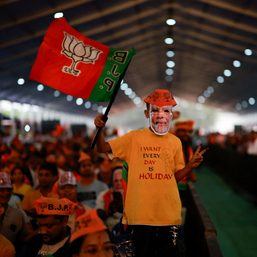


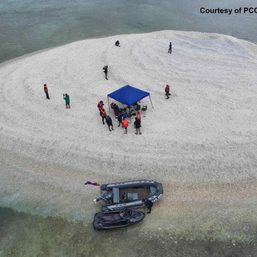
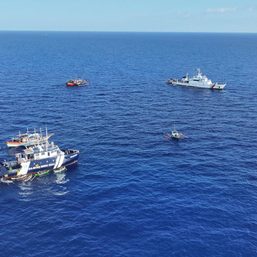
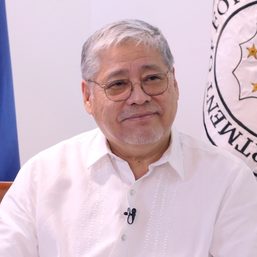
![[Newspoint] Willful indifference](https://www.rappler.com/tachyon/2024/05/np-willful-indifference-05032024.jpg?resize=257%2C257&crop=270px%2C0px%2C720px%2C720px)

Can the Philippine Government pinpoint who made such an “audio deepfake”? Have it then penalized the said maker? If the Government cannot do this, then perhaps we can say that the maker has better ICT skills than our government ICT personnel.